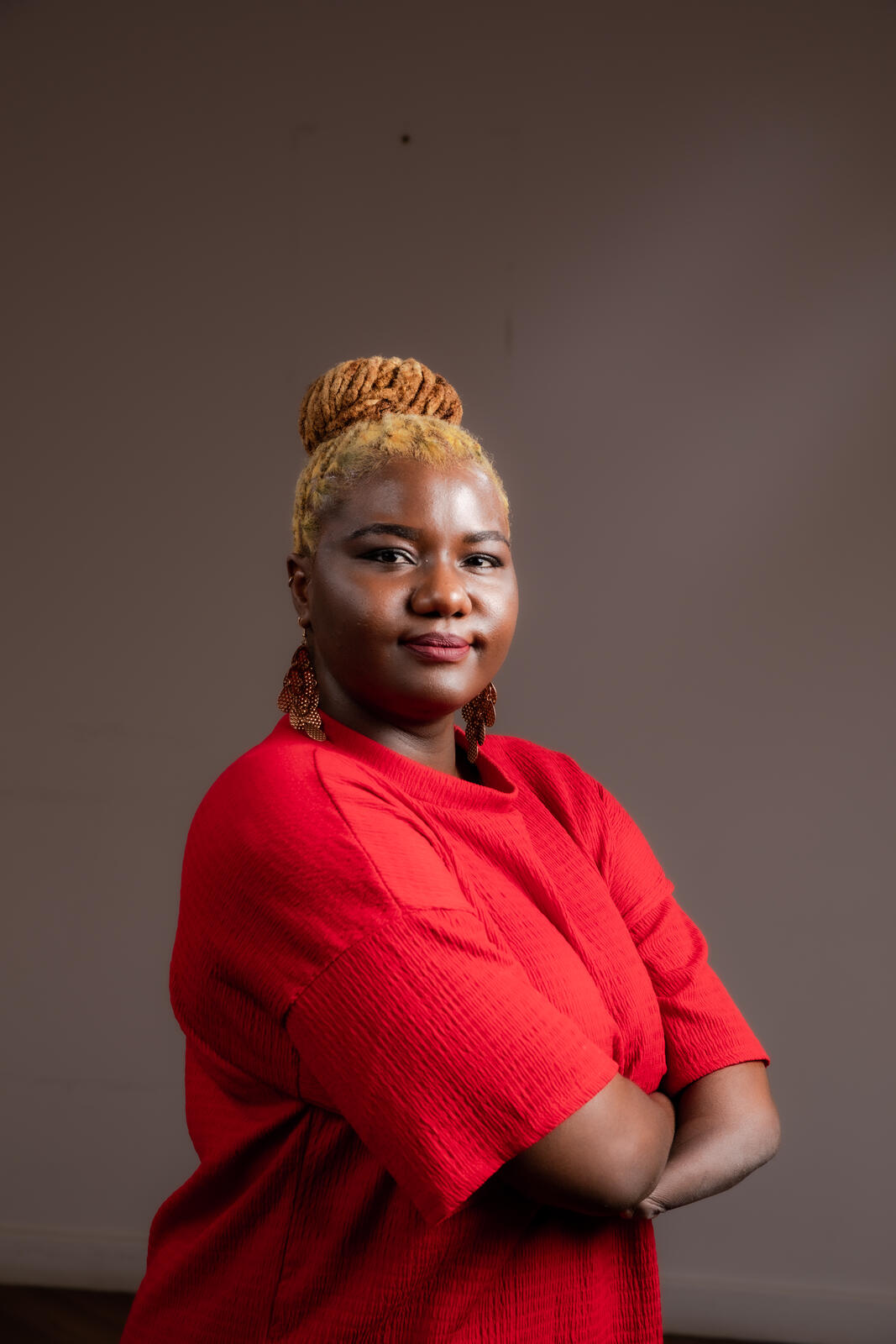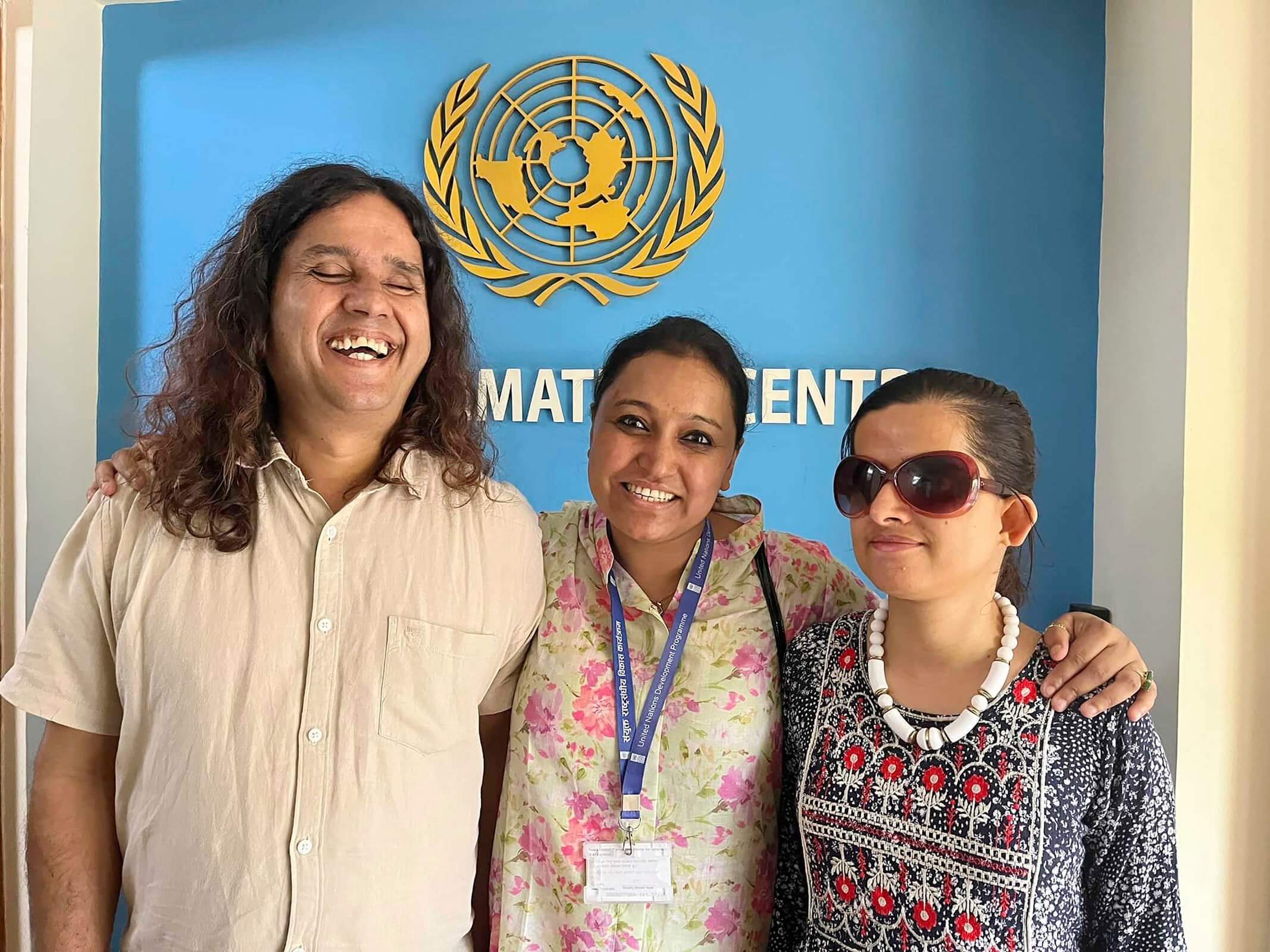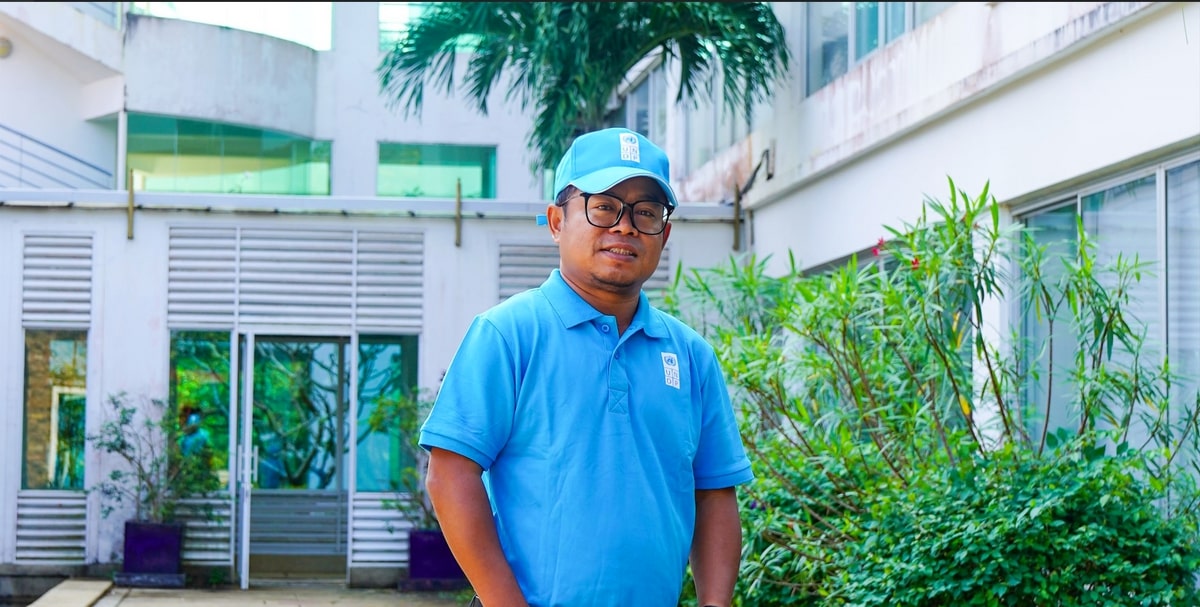

Tatiana Vasconcelos Da Cruz: Turning on the light through accessible communications
Tatiana Vasconcelos Da Cruz is a UN Volunteer Disability Inclusion Specialist in the United Nations Resident Coordinator’s Office (UNRCO) in Uruguay. She holds dear a quote from the Harry Potter series, “Happiness can be found even in the darkest of times if one only remembers to turn on the light.”
Tatiana reflects on her experience in the UN system: “There will always be challenging moments, but it depends on us and how we use our talents and abilities to turn difficult situations into positive learning experiences”.
The aim of Tatiana’s assignment was to advance disability inclusion in key indicators as of the United Nations Disability Inclusion Strategy (UNDIS). Her role involved making sure the job application process for UN teams was accessible. She created manuals and guidelines on inclusive and accessible communications. She also delivered workshops on disability awareness and its linkages with other areas such as climate change, risk management, among others.
Tatiana assisted her office in conducting a review on accessibility of meeting rooms and events for persons with disabilities.
She prepared a manual called, ‘Tips for Accessible Communications in the context of Human Rights.’ The manual was shared widely on social media and praised by UN Communications teams in Mexico and Costa Rica.
Tatiana has a visual impairment. She says her disability did not hinder progress during her assignment rather helped her. Aligning fully with the motto of the UN Convention on the Rights of Persons with Disabilities (CRPD), ‘nothing about us without us’, her project aimed to legitimize the voices of persons with disabilities in proposing actions and recommendations for inclusion.
She received a computer with a screen-reader software to carry out her work. The physical surroundings in the office were made accessible by activating the elevator's voice synthesizer, placing the Braille signage on each floor next to the elevator to identify the floor number and offices and tactile paving to identify key locations within the building.
There were minor challenges that were swiftly addressed via open communication. For instance, Tatiana had to explain to her supervisors that she may need more time to complete an activity. Anything can be solved with direct and timely communication, she believes.
After completing her volunteer assignment, she is pursuing a graduate degree in International Development Cooperation. Being in the UN system opened many doors for her, she says and encourages other persons with disabilities to apply for assignments that align with their interests.
This article was produced with the kind support of Online Volunteer Abbey Gibson. Find out more on how to volunteer online or engage Online Volunteers.



